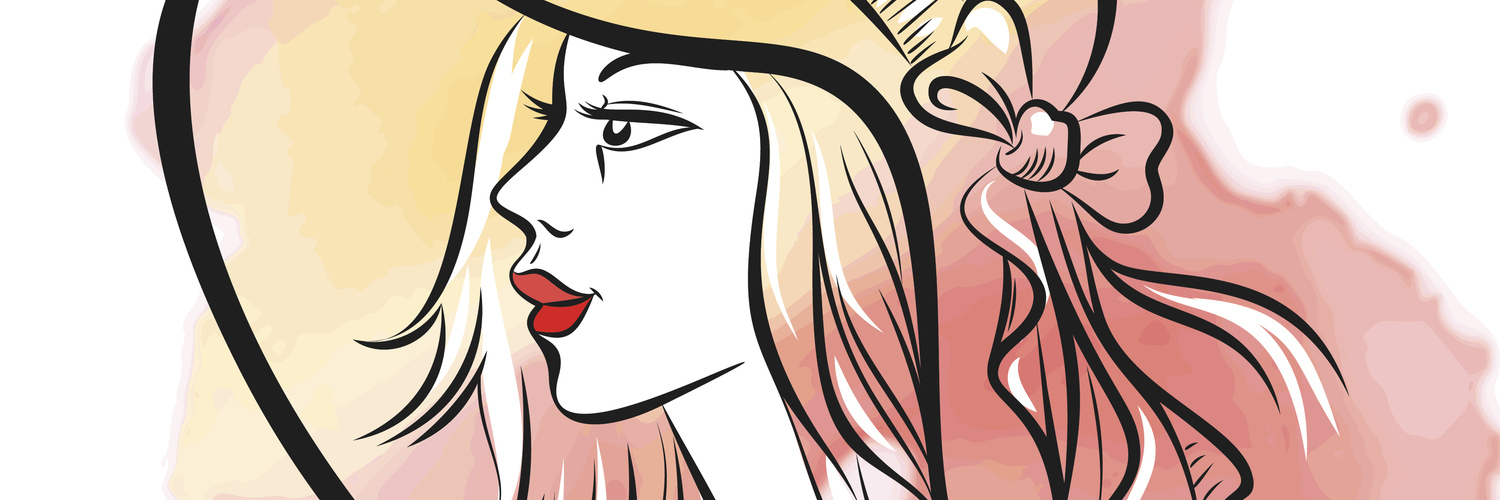There are a lot of aspects of having hypermobility syndrome that cause my life to be different from others. I might do things a bit differently, move slower, go out less, hide under the covers over the weekend instead of going to see friends or family. People looking at me and my life from the outside may not be able to understand why I struggle so much, so here are five things I want friends, families and peers of anyone with this condition to know.
1. Going out of the house is not always an option.
For many of us, having hypermobility means we have intense joint and muscle pain from the moment we wake up and start the day. We know we’ll be spending the day trying to find a comfortable position to lie in and taking whatever medication we’ve been prescribed. For me this means being completely out of it for the day and sleeping a lot. Having chronic pain is not something that can be helped. If I start the day and realize it’s not going to get any better and phone in sick to work or cancel plans, please don’t hate me. I can’t help it, and believe me – I would much rather be doing something else than lying in pain.
2. Having hypermobility and being double-jointed are not the same thing.
Whenever I’ve had to explain my condition to people before, they always react with things like, “Oh, you’re double-jointed?” or “Is it not good being so flexible though?” The answer to both is no. Technically, people with hypermobility are double-jointed to some extent; however, the two are by no means the same and should not be treated in the same manner. And yes, while it’s kind of cool being so flexible, the consequence for having this flexibility is not worth it, and most of the time my joints are too sore to even move a normal amount, let alone contorting into weird positions which may or not mean a dislocation at the same time or later on in the day when I least expect it.
3. Yes, there are a lot of medications at the side of my bed and in my bag, and no, you can’t have some.
There’s a reason I have as much as I do, and it will all be used up within the month and I’ll need to go back and get more. In order to make a day a “manageable” day, I generally need to take various forms of medication prescribed by the doctor and on bad days, they are essential. So please don’t steal the medicine.
4. I am a lot weaker than I should be.
Before starting occupational and physiotherapy, I was ridiculously weak and truthfully still am. When I first went to occupational therapy, the doctor checked my grip strength and showed me a comparison between my grip strength and the average strength for someone of my age and size. I was at least 10 points short, which apparently is pretty bad. Doctors have explained to me that my strength is weak at many points over the years. They have told me it’s common with people who have this condition and that the weak muscles have a lot to do with the dislocations we get. Strengthening these muscles can be very hard, but it will also be of great benefit to us. However, actually managing to do the exercises to strengthen muscles can be terrifying, as you are being asked to do something you know may cause you pain and discomfort or potentially bring on more dislocations. So if I can’t open a jar or bottle of water, please help and don’t make fun of me.
5. Ask me questions!
Please! If you don’t understand the condition properly or want to know what’s actually wrong, just ask! It makes me feel a lot better knowing you’re genuinely interested and want to know more about it, because it’s a big part of my life. It means a lot when people want to know what it involves and how it affects me rather than just nodding sympathetically or being to scared to ask. The more people that know about the condition and what it entails, the better, and honestly, being able to speak to a friend openly about it without it feeling like I’m scaring them is much better.
We want to hear your story. Become a Mighty contributor here.
Thinkstock photo via bellanatella.

